

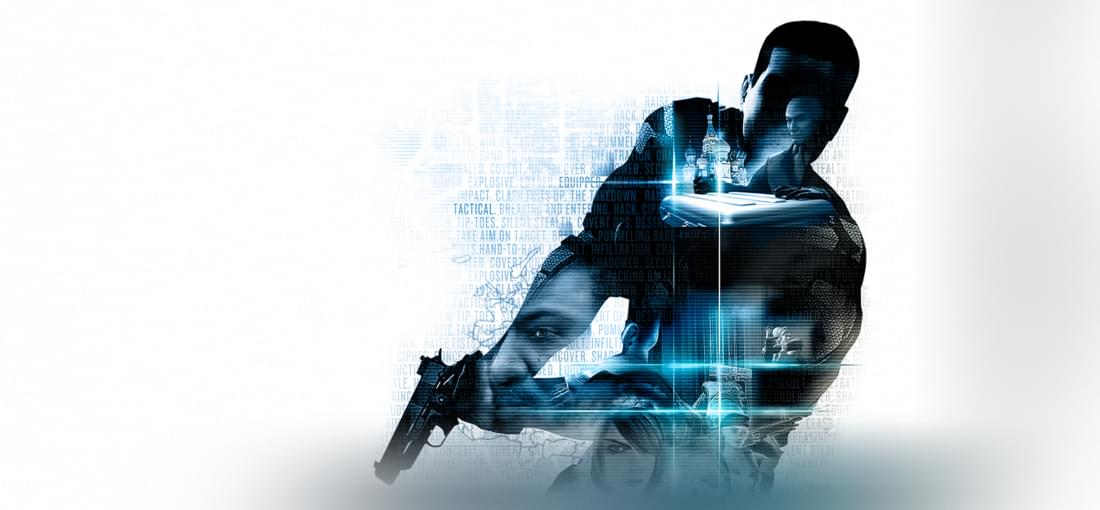
Wants to be Human Revolution + an Obsidian RPG but ends up more like Mass Effect 1 with stealth mechanics. Similarly janky 3rd person cover shooting and the same needlessly vague dialogue options (made worse by adding a timer). Also not a very good PC port. Best thing about it is the level design and mechanics that are bad tbh but do a good job reflecting your character build. It's not deep or well designed but it is a fun, cliched little spy romp.

This is the most frustrating VN I've ever played. It can be interesting but I have several big and small complaints that stop me recommending it. 1) The the fatal flaw imo, is the fetid stew of forced ironman mode + poorly written, unclear dialogue choices (think Mass Effect) + badly explained mechanics where you can think you're making progress when you're not + a time limit. I had to restart 3 times, losing 20 hours of progress. After the 3rd (SO close to the end) I uninstalled, 2 weeks of my free time wasted. Most people's experience won't be this bad. But I bet some of these things will be annoying. 2) IMO it slightly misses the feel of the other Fallen London games. They're at their best when insane stuff is presented in a totally unremarkable, matter-of-fact way, leaving it up to your imagination to make sense of, e.g. “London was stolen by bats”. In Mask of the Rose there’s no ambiguity: this is a literal event you remember. That’s just one example (the surface world is another). I think it was a mistake setting it so soon after the fall. It means everyone around you is a pretty normal person, reacting the same way as you to the whimsical elements, which hurts the Alice in Wonderland feel. 3) The presentation was disappointing. The backgrounds are flat and not very varied. The characters are unexpressive with only 3 tiny variations in facial expression (insert unoriginal joke about British people). And the text and mouse clicks and "camera" moves are PAINFULLY slow. The game flows like treacle through a straw. And I know that's not that important in a visual novel but it meant the act of playing wasn't enjoyable (unlike better VNs). The clicking and reading and watching was something I endured for the stories, which were hurt by point (2) and then totally ruined by point (1).
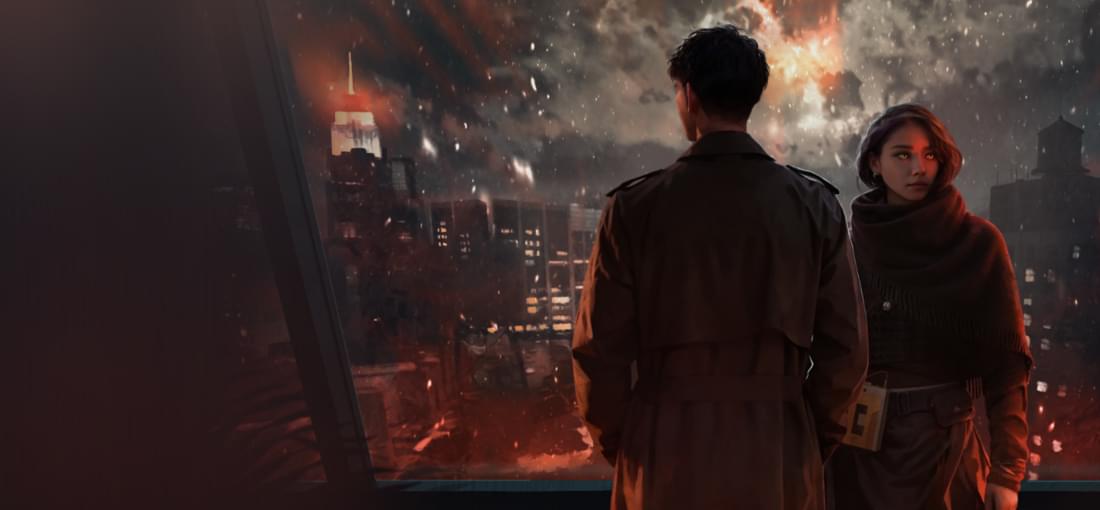
This is the 3rd VtM visual novel after Coteries and Shadows. To me it's a better version of Shadows – they're still not interested in roleplaying or choice and consequence. But this time they use it to tell a much better story. The lack of choice and roleplaying (and sometimes grating protagonist) worked for me this time because the game is about seeing a story from 2 very different characters' perspectives. So you have to feel like you're watching the characters, not being them. And I think they pulled off the A/B scenarios really well – I found the gradual reveal of the full picture compelling. It's easily the best thing about the game. I have some minor complaints but they're not deal-breakers: - I don't like the new UI, I find it a lot less immersive. - While I loved the new characters, the returning characters felt shallow and kinda dumb to me. - Some major developments in the ongoing NY story felt glossed over and not very satisfying.
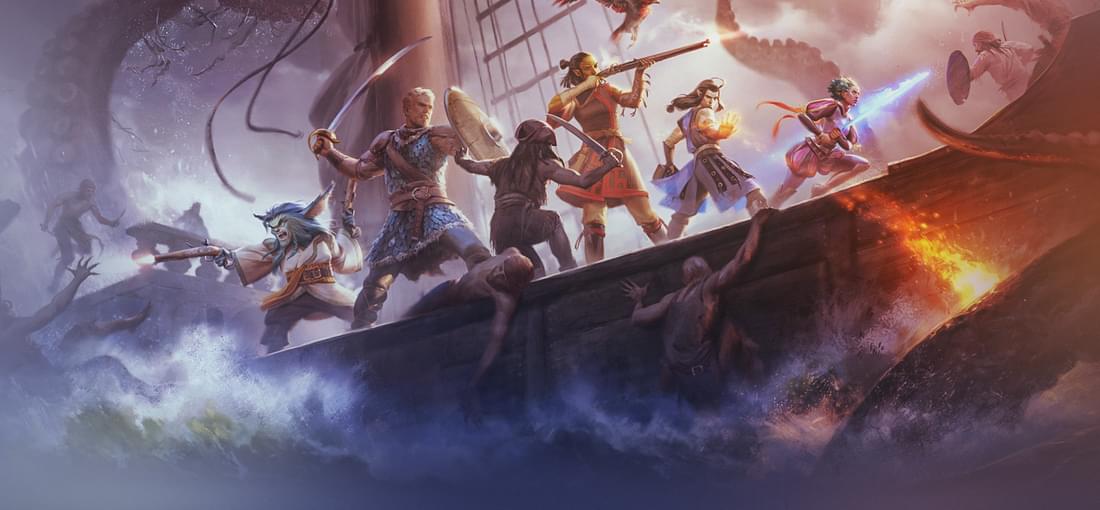
I'll focus on major differences from Pillars 1: PRESENTATION is phenomenal. Pillars already looked good and this is even better, both in graphics and art direction. This is the best looking CRPG I've seen. MECHANICS: the addition of kits and multiclasses is great (and fairly well balanced by CRPG standards, compare BG2). Also, partybuilding is hugely improved by letting you choose from 1 of 3 similar classes for companions. The 2nd major change is less positive. Now all abilities (including spells) are per-encounter. Also Spells are unlocked individually with the same levelup points as passives (just like other classes' actives). This incentivises only unlocking the best spells then using these same spells in every fight. Finally, the true open world is a big improvement and vastly improves the sense of exploration and discovery. (The actual ship management is pointless but easy to ignore so it doesn't detract from the game.) WRITING: Worldbuilding is great, with a well-realised, original Pacific Islands/colonial/pirate fantasy theme. The local and colonial factions are interesting and nuanced and this comes across in game but sadly your interactions with them are not nuanced: you still choose which factions to help/destroy and these conflicts escalate far too quickly. The main plot is a lot less serious than Pillars 1. Personally I prefer this because I didn't like Pillars 1's plot and pacing is improved by replacing the huge lore dumps with Tyranny's hover-over glossary system. But YMMV. Also worth noting it ends on a cliffhanger for a 3rd game that will never come. Finally, companions are a mixed bag. Once again, their concepts are interesting but this time they seem like caricatures. Each companion has several traits (e.g. "antireligious") which determine reputation gain/loss with them. Unfortunately, their personalities seem boiled down entirely to these traits. On the plus side, companions' quests are more substantial and satisfying than in Pillars 1.
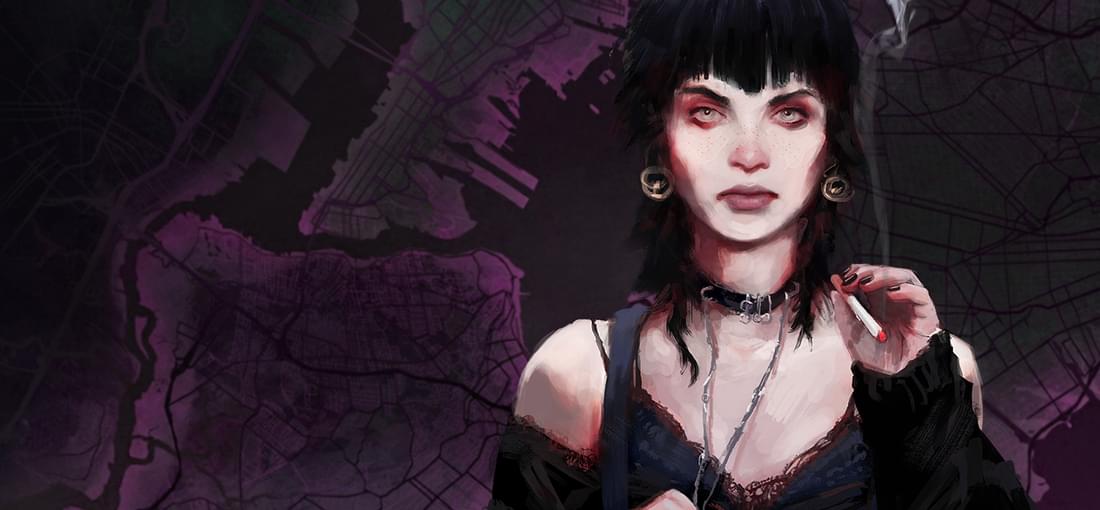
Same verdict as Coteries: good atmosphere, decent writing with a bit of cringe—for VtM fans worth checking out on sale but not at full price. The feel is different though: to me Coteries felt like a tabletop session while Shadows feels like a fanfic. To be clear, Coteries had little choice but it did IMMERSE you in a role. The changes in Shadows take that feeling away and make it clear you're reading someone else's story. The biggest one for me is the narration is 1st person now, not 2nd person (Julia says "I see X" instead of the game saying "YOU see X"). And there are numerous time skips that take away the feeling of being a fledgling with no idea what will happen next—we just skip to Julia having already dealt with it. Last big change is that Julia is a well-defined character. That made the minor dialogue choices feel unimportant because it doesn't feel like filling in a blank slate—Julia is always Julia no matter what you pick. About that character, personally I found her abrasive, edgy and self-righteous, which was annoying because these things were clearly meant to be relatable—contributing to the fanfic feel (and I say that as someone who does relate in many ways). BUT I've seen plenty of comments saying Julia was their favourite thing about the game so it really is a personal taste thing. I don't wanna sound like I hate Shadows because I don't. It feels like a well presented, decently written fanfic—and I mean that as neutrally as possible. If that sounds interesting, pick it up on sale (but definitely try Coteries first).
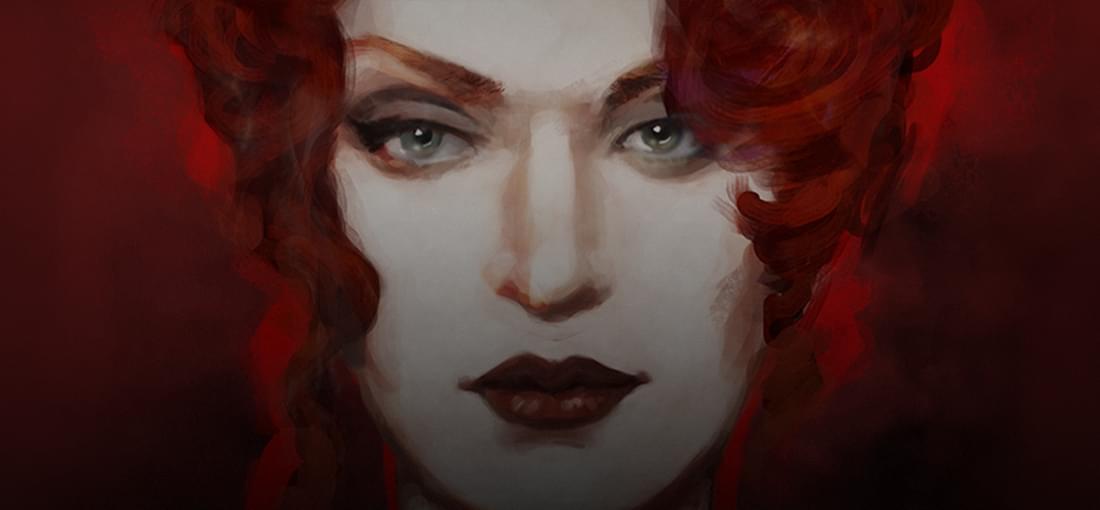
is what this feels like: some cool ideas, good art and ambience, and writing that feels like it came from a good GM but not a professional writer. There's not much game here, even for a visual novel. It is non-linear – in the sense that you choose what to do and in what order – but it doesn't have much branching choice or roleplaying. Basically you pick 1 of 3 preset characters and decide which side stories they'll do and whether they'll do what they're supposed to or bugger it up. Still, I had fun, it had a strong "one more story, one more night" appeal to me. As I said, view it as a few good tabletop sessions with a fairly railroady GM. If you can get it on sale for a few dollars that's well worth it for a VtM fan. Full price is insulting though.
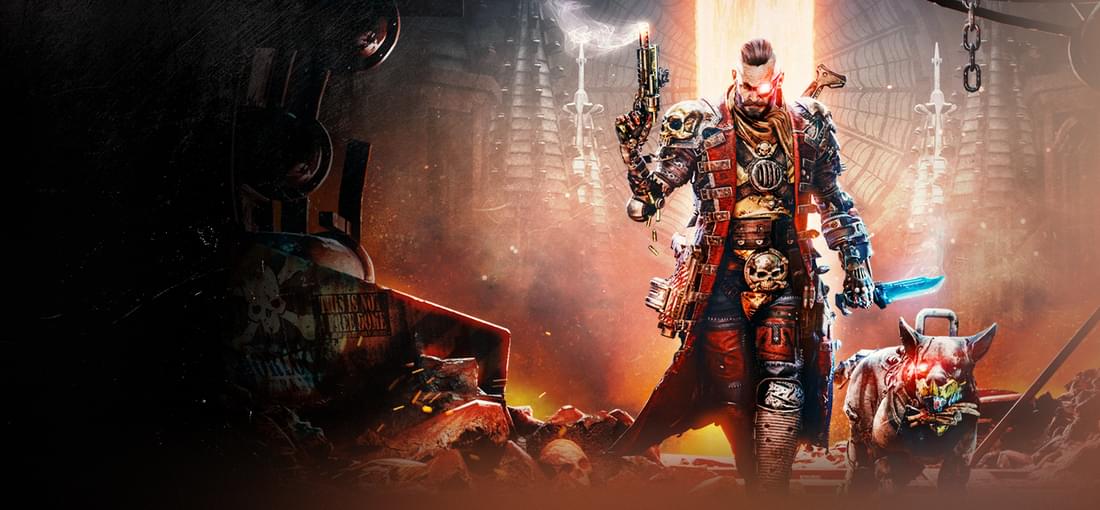
There's a lot of promise in the gameplay but it's kind of an undisciplined mess that crams in too many mechanics without using them to create depth or variety or challenge. The worst offender is the haphazard mash-up of DOOM's glory kills with Bloodborne's Rally system. The Rally regen system is pointless when every enemy is spamming bright, fast projectiles from all directions so you're constantly taking damage, and glory kills are pointless because you don't have to get the enemies' health low before doing it (and you generally get more health from just shooting). So it doesn't add a tactical layer of HP management to combat, you just occasionally press the execute button when an enemy wanders in front of you. My experience of the game was just running around mindlessly spraying through an indistinct haze of particle effects, completing ignoring my health as it went up and down like a yo-yo. There's the same issue with movement that combines DOOM Eternal's double jump and air dash with Titanfall's wall run and a hook shot. But the levels aren't decided to make anything of them so they end up contributing little. They've done a good job of bringing a variety of 40k weapons to life, but they don't feel very different: they just spray different sized bullets at different rates. And the more interesting and more iconic weapons (like bolters and plasma guns) are generally worse than the fast-firing weapons because the health regen system encourages you to hose enemies. Having said all that, this is the only decent 40k FPS out there (so far) so it may be worth checking out. But only play for as long as you're having fun. The levels, the combat encounters, the mechanics, the story - none of it gets more interesting later on.
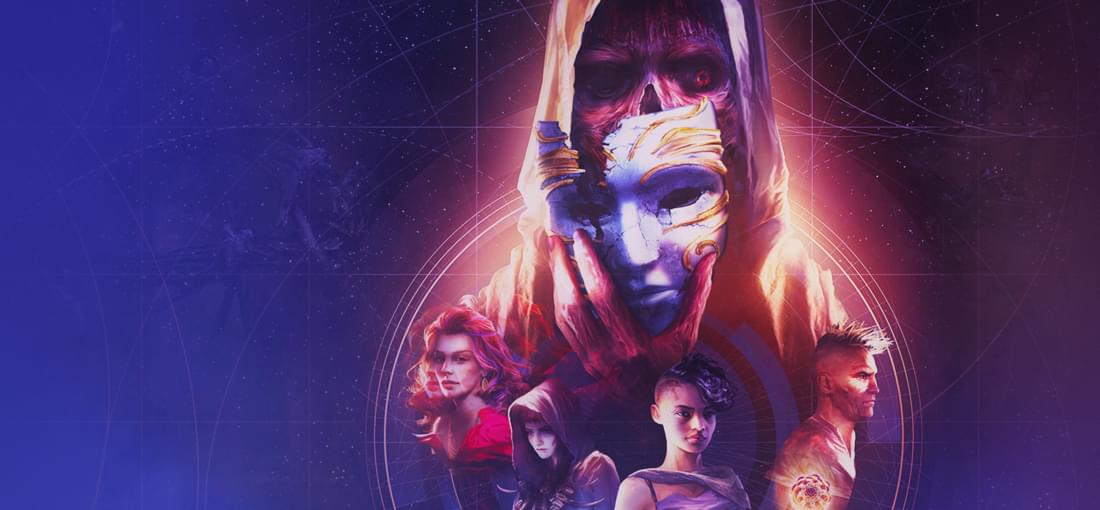
As someone who hasn't played PST but is familiar with Numenera, I thought this was a great portrayal of that setting and system. It looks great, the locations are creative and the mechanics are interesting if flawed. Mechanically, the best thing about this game is the Might, Speed and Intellect pools, which can be spent to boost your odds in various combat and non-combat actions. I love this system for 3 reasons: 1) It gives the player agency outside of combat 2) It bridges combat and non-combat and gives both consequences that affect the other, unlike most RPGs where mechanically combat feels like the real game and everything else feels like a shallow, tacked-on 2nd game 3) It creates tension by making you gamble a precious resource Unfortunately, combat itself is messy mostly due to a dodgy positioning system. It's not gamebreaking though, just annoying. Now, the elephant in the room: I've heard the plot copies a lot from PST. Having not played PST, I thought the plot was interesting and felt natural. But if you have, maybe skip this game. But for anyone interested in Numenera, or just interesting non-combat gameplay, I highly recommend this game.
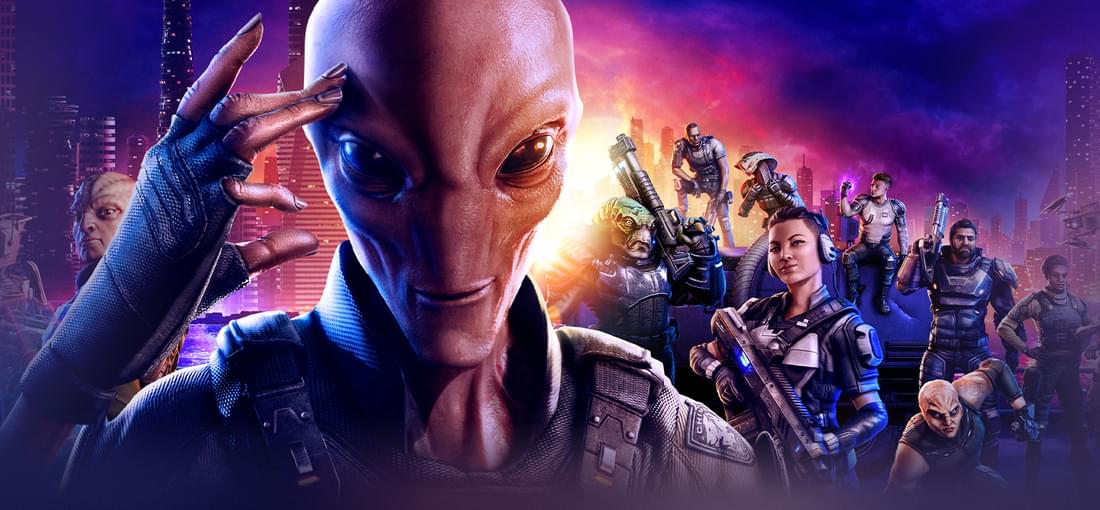
A fun little spinoff with a lighter tone and a Saturday morning cartoon style. XCOM's always been pulpy but this is outright comedic. I think it works but YMMV. Custom soldiers are replaced by 11 predefined agents with more personality and unique abilities. Base management is greatly reduced to focus on missions which consist of clearly defined room encounters beginning with a breach entry. Breach is well fleshed out and impressive to watch but the room delineation can feel artificial and removes the tension of unseen enemies. Overall it's a fun little game with impressive novelty at first but the narrower focus means repetition sets in sooner than in previous XCOM games. It's well worth the price but don't binge on it.